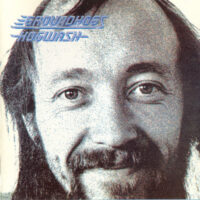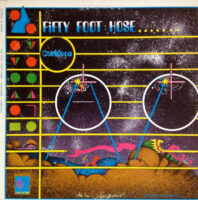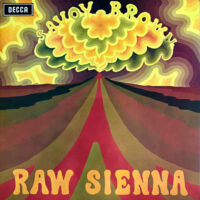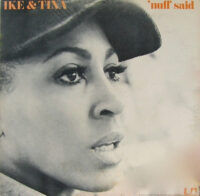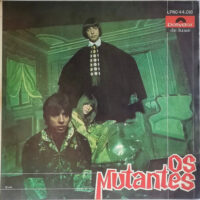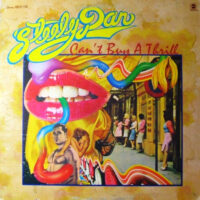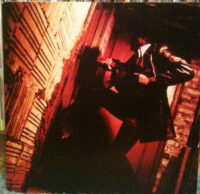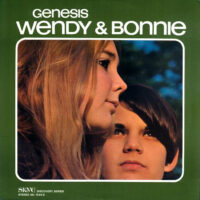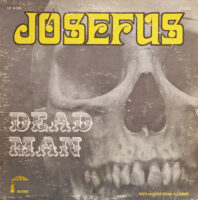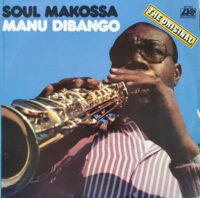
When the first hints of summer start emerging, the urge to play albums by the world’s favorite Cameroonian saxophonist, Manu Dibango, strengthens. There’s no resisting this annual rite, at least for me. And the record that’s always first in the listening queue is Soul Makossa. (Most of these tracks originally appeared on the 1972 LP O Boso, but Soul Makossa is generally easier to find in the wild. Confusingly, both records essentially sport the same cover.)
Of course, most people know the LP because of its galvanizing title track, which has been sampled and interpolated with gusto by many artists. Most famously, Michael Jackson repurposed the song’s infectious vocal chant for the Thriller highlight “Wanna Be Startin’ Somethin’.” “Soul Makossa” boasts a uniquely vibrant bounce in its funky rhythm, with Manfred Long’s lithe, shadowboxing bass line doing a lot of the heavy lifting, while Dibango’s sax parts ripple with victorious flamboyancy. The song’s a complexly constructed organism built to maximize euphoria.
But there’s more to Soul Makossa than its world-class, party-starting title track. “New Bell” towers as a humid, African spin on blaxploitation-soundtrack funk. Long’s see-sawing bass line and Malekani Gerry’s wah-wah’d guitar flares combine with Dibango’s buoyant sax charts for a surplus of festive jolts. “New Bell” is DJ gold. “Nights In Zeralda” is a coiled, mesmerizing, low-key groover with Manu in meditative mode while “Hibiscus” starts as a mellow, soulful ballad that could’ve made Curtis Mayfield (no relation) cry, before a sublime, subtle groove eventually surfaces, making this cut an inspirational prompt to peak-time romancing. “Dangwa” leads with a florid piano and sax intro that gradually instigates a gently rolling highlife piece with Freddy Mars’ galloping percussion and Dibango’s spirited sax and vocals elevating moods left and right. The galloping, polyrhythmic Afrobeat of “Oboso” is destined to make many thousands of folks move and feel really good.
While the weather in Seattle today’s overcast and struggling to reach the upper 50s, Soul Makossa brings the intense heat regardless, without fail. -Buckley Mayfield
Located in Seattle’s Fremont neighborhood, Jive Time is always looking to buy your unwanted records (provided they are in good condition) or offer credit for trade. We also buy record collections.


